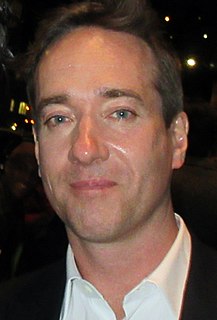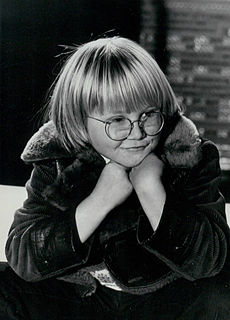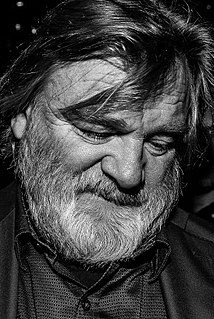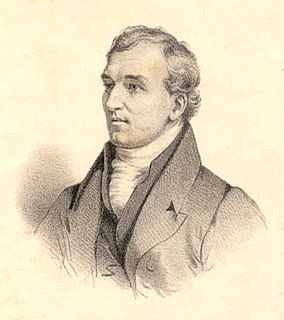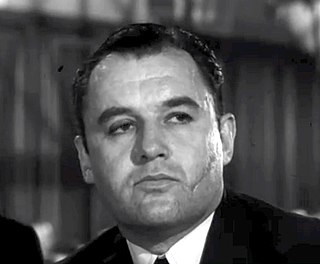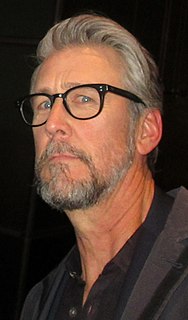A Quote by James McAvoy
It's quite liberating to have a director stand beside the camera and say: "Do this now, and do that now..." It's also a bit sordid but it liberates an actor, I think.
Related Quotes
I am grateful to have been loved and to be loved now and to be able to love, because that liberates. Love liberates. It doesn't just hold - that's ego. Love liberates. It doesn't bind. Love says, 'I love you. I love you if you're in China. I love you if you're across town. I love you if you're in Harlem. I love you. I would like to be near you. I'd like to have your arms around me. I'd like to hear your voice in my ear. But that's not possible now, so I love you. Go.'
I'm the most experienced cinematographer in this medium, so there's no point in having that extra conversation in the middle of the loop. You're making the film in relation to what's happening now, and you can't really affect what's happening now. It's not like you're in control of anything in front of the camera. If you're calling yourself the director and you're not the cinematographer, I think you're kidding yourself.
Do what you want I don't care. That's the thing to say to an actor. Most people don't understand that. Not to manipulate them. That's what you say to an actor. You got a problem with the whole environment in doing that? Fine, what are we going to do to make the scene work? Now you have someone on your side. Now you have someone working with you.
I actually think film and TV are sort of the same thing now. To me they're all motion pictures. There's a camera, a script, other actors and a director. Doing a sitcom is a little different. It's kind of a hybrid, half movie, half play, presented in a proscenium fashion - the camera's on one side of the line, the set on the other, the audience sitting behind the cameras.
I'd be very suspicious of anybody that seems to have to move to the next level of expression. I distrust that: now I'm writing a book, now I'm being an actor. It should be a natural thing. I think it's a natural thing for you to act. But I think that people that feel that, because they've written one maybe quite beautiful love song that equips them to play Romeo, is probably misguided.

